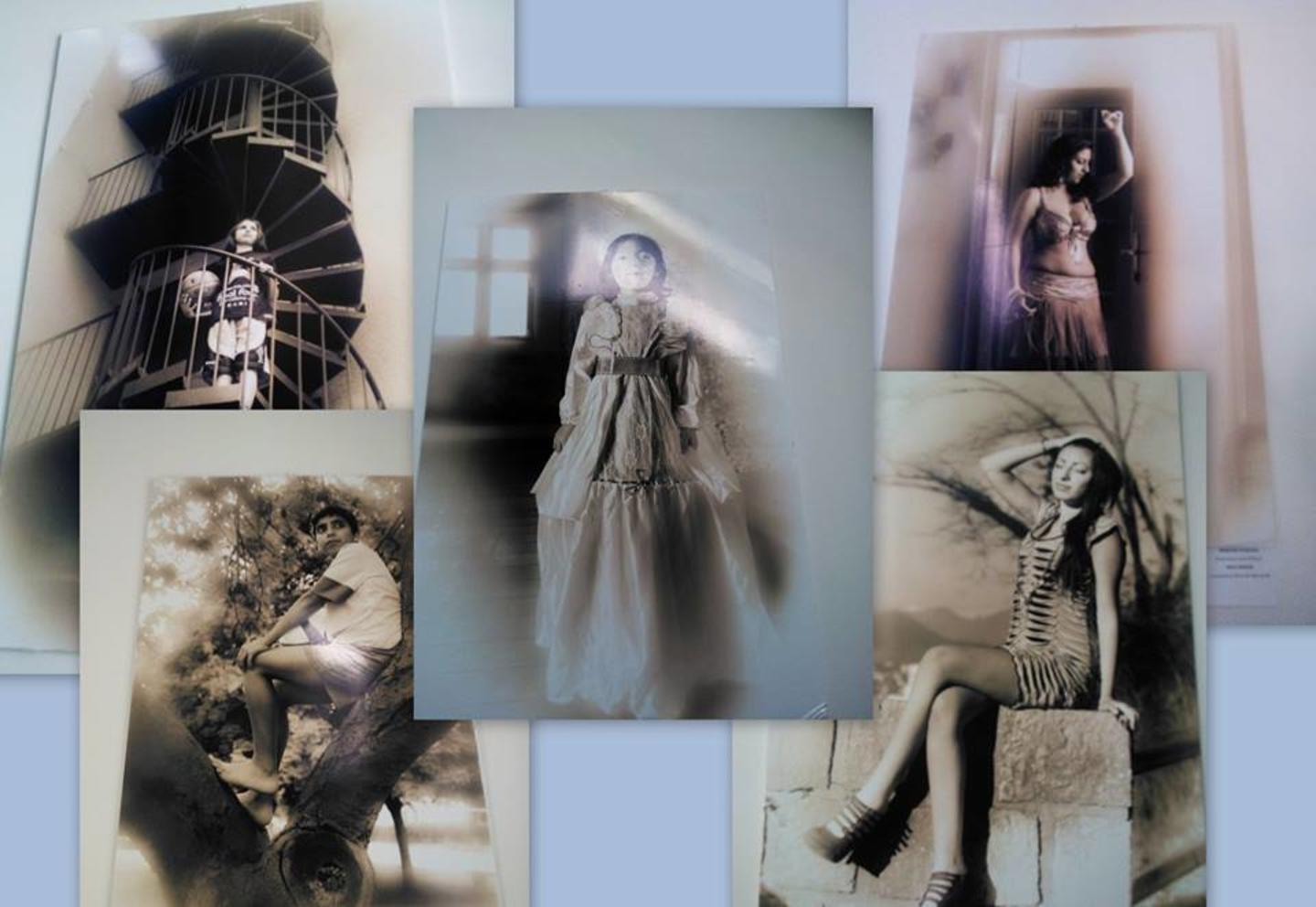Society Ključ – Centre for Combating Trafficking in Human Beings is a non-governmental organisation (NGO) that offers a care and reintegration programme for victims. Thanks to a grant of €60 000 from the EEA Grants NGO programme in Slovenia, the Society has been able to develop a variety of prevention and awareness-raising activities on the issue of trafficking.
“Our story began in April 2013, when through our work we came into contact with a woman of around 30 years old, who had six children. Even in the first few words we exchanged, it was clear that hers was a life story burdened with a history of violence,” said Katjuša Popović, President of Society Ključ.
“At our first meeting with her and her three daughters we could see the results of an extended period of physical, psychological and sexual violence, executed by her former husband: all four would cower in reaction to any sudden movements; they winced at the sound of the phone or the squeak of a chair."
Refuge
The woman has now, after many years of married life spent in constant fear for herself and her children, left her partner and sought refuge in one of the shelters.
"She told us how a few months before our meeting, her three daughters had been kidnapped by their father. The purpose of the kidnapping was to sell all three daughters into marriage. He believed that they were already old enough and physically mature enough to be able to assume the role of wife and mother. In 2013, the daughters were 17, 15 and 13 years old. When we found out more about this woman’s life through the interview, she soon revealed that she had also been sold as a teenage bride by her parents to the family of her ex-husband," continued Popović.
This story of a so-called ‘arranged’ Romani marriage, defined as a form of child trafficking at Society Ključ, is sadly one of many in the country. This is why the Society saw the need to raise awareness and step up prevention initiatives.
Touring exhibition: 'My Dreams'
In parallel it also aimed to reach the Romani population through a touring photo exhibition ‘My Dreams’, which specifically touched on ‘arranged’ or forced Romani marriages. The result was seven photographic portraits of children and young people pictured in professions that they either dream about, or once dreamt about but in which they had never managed to succeed because they did not have the opportunity to choose their own futures.
The exhibition toured across Slovenia throughout 2015. The striking images offered a very powerful medium for Society Ključ to raise awareness among professionals and the broader public about how Romani children are often discriminated against and that their basic rights as children are being constantly violated.
"Arranged marriages, sexual abuse, exploitation of labour, domestic servitude, forced begging and committing criminal acts under duress have, sadly, become a fact of life in some of the Romani communities. Under the pretence of tolerance towards the Romani culture, these cases in Slovenia are rarely prosecuted and even more rarely go to court," explained Popović.
New criminal code
The exhibition had helped to reinforce awareness that trafficking in human beings has similar consequences for Romani girls or adults as it does for non-Romani people. But perhaps most significantly, on 1 November 2015 a new criminal code came into force making forced marriages illegal. This is a hugely satisfying result for Popović and the Society Ključ:
“We are very proud of the fact that all our campaigning, with both the touring photo exhibition and discussion round tables in different cities across Slovenia, together with our efforts made directly in parliament, have resulted in this new article in which forced marriages carry a punishment of up to 5 years’ imprisonment for the perpetrator."
More
Read more about the EEA Grants NGO Programme in Slovenia
Read more about all EEA and Norway Grants programmes in Slovenia
